So Your Company Is Diverse, Now What?
Morgan DeBaun, CEO and co-founder of Blavity, shares her best advice for running a multicultural company.

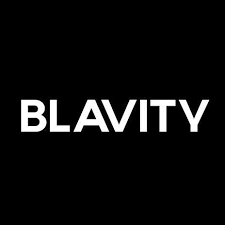
Morgan DeBaun is the founder & CEO of Blavity Inc., a California-based digital media company that covers matters of interest to Black culture and Millennials. Founded in 2014 with more than $12 million in capital from top Silicon Valley venture firms, the group today has about 100 full-time employees and reaches 100 million readers per month via a portfolio including Blavity News, 21Ninety, AfroTech, Travel Noire, and Shadow & Act. DeBaun and her company recently expanded their long-running commitment to Black economic advancement by creating the nonprofit foundation, Blavity.org. She is also the creator of WorkSmart, a business podcast and small business advising program.
There's plenty of data that shows that having a more diverse team and, specifically, a more diverse leadership team helps your company be resilient and navigate change. And given how much the world has changed and how much will continue to change, I think that, first and foremost, it's important that people continue to make diversity a priority. But it's not like, “We get people in the door and now we're done.” No, you’ve got to make sure that everyone who is at your company feels safe to share their opinions, to share their different perspectives, and that they have a space to be able to take action if there is something that needs to change within your company—whether that's within the culture, how you approach your product, how you approach your customers, or how you approach your clients.
At Blavity, we've always been very diverse in its true sense: in terms of race, ethnicity, first- and second-generation immigrants, English as second language…. We’ve got people from all over the country, people who've never left California, or who have never been on a plane, all the way to people who have generational wealth in their families. So, as someone from the Midwest, for example, I actually had a lot of learning to do as a leader on the different subcultures within the Black community for my customer base.
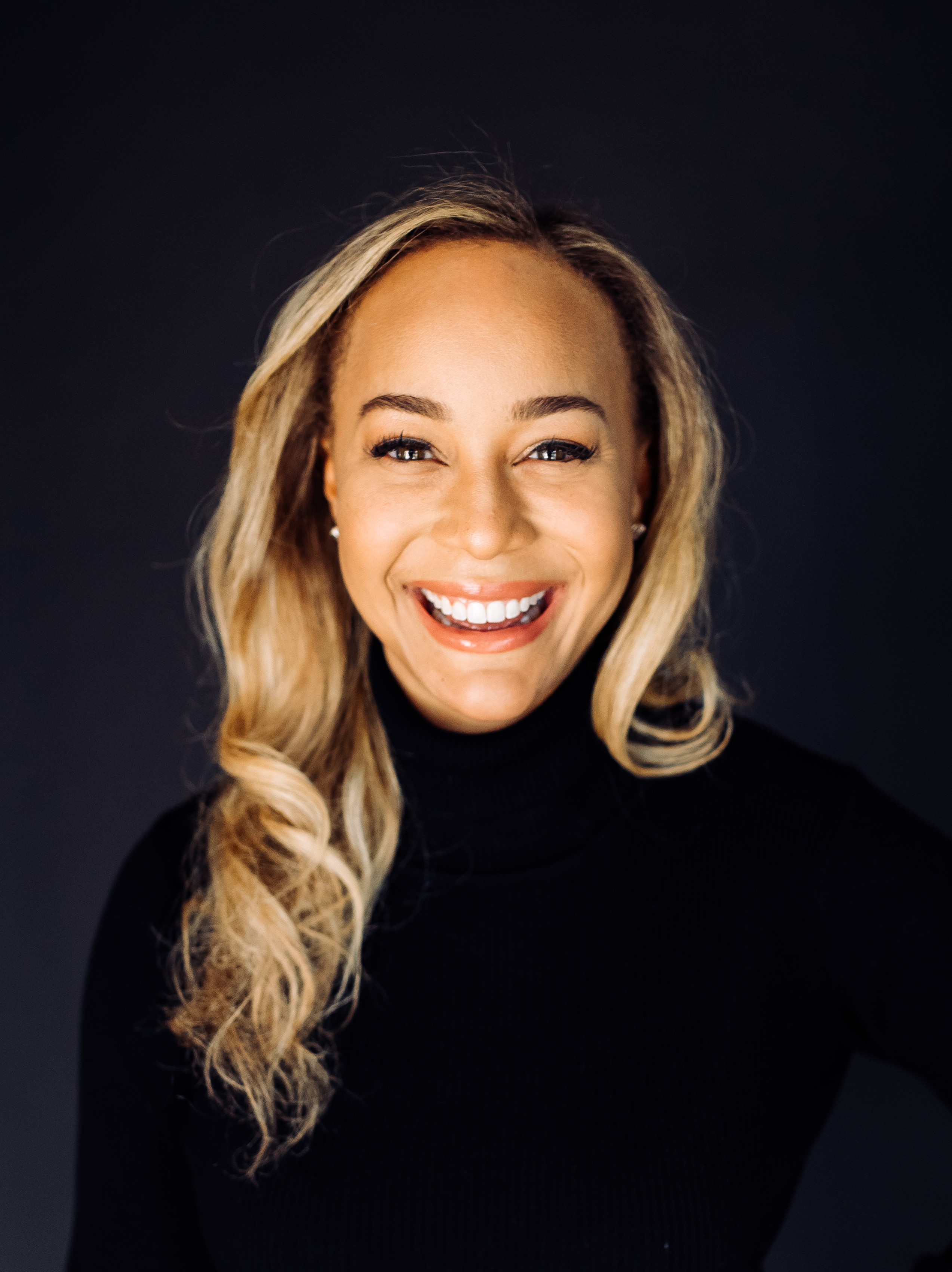
Morgan DeBaun co-founded Blavity, Inc. in 2014.
My company is different because we were designed to be diverse and started off that way, but some businesses have made a change in the last two to three years because of George Floyd or violence against AAPI folks. Now, company leaders find themselves in a new space where they're like, Wow. We did a great job hiring folks, but it's not natural to them. Maybe they are a white man or a white woman leading a company, who knows? I think that my biggest takeaway for them is: You just have to start. You don't have to be fearful, but lead with intention and be explicit. Be explicit about your intention and your leadership goals and the requirement of managers that this—diversity—is important. I think people are very forgiving when they know that the heart is in the right place, even if sometimes the steps are off.
As I was meeting new people and building our team, I noticed some of the cultural nuances that impact communication. What's really important is understanding the cultural norms of communications in other cultures and how that may impact people's lens in conversations, particularly around performance reviews or access to transparency of information within the company. Depending on where everyone is coming from, there are expectations, and you need to have a direct conversation about what your expectations are and what my expectations are. For example, in some cultural norms, people want small talk. They want to know that you care and that you're asking, “Oh, how was your weekend?” In some other cultures and subgroups, it's like, “Can you just get to the point?”
So we've had a lot of those discussions in setting that up within our company. To start by not making assumptions would move a lot of companies forward and open up space for leadership and managers to have that conversation with their direct reports. For example, asking, “How would you prefer to communicate? Are you more of a direct person? How would you like our working relationship to be?” And I think particularly for women and people of color, it's really important to have those discussions because it opens up a moment of dialogue for having a safe working environment, emotionally.
That doesn’t just go for top management, but it does start there. It certainly does start at the top in terms of setting a tone and making it a priority that your company goals and your working environment create a safe place emotionally and physically for your employees. And then you make it a part of each leader's responsibility to figure out what that means for their team. For example, I have to be very conscious of people’s preferred pronouns. I say “they” a lot, even to the point where my team is like, “You're saying ‘they’ a lot.” I say, “I am. I am saying ‘they’ a lot because if we're going to create a culture where it's normalized for us to let people identify how they want to and then us respect that, I have to respect that.” If I want to create a safe workplace, I should proactively put my pronouns in my email signature, for example, because that's normalizing for the person who doesn't identify as the majority. We can talk about it.
Stay In The Know
Get exclusive access to fashion and beauty trends, hot-off-the-press celebrity news, and more.
When we name objects and give examples, we tend to use male examples. So we'll say, “Oh, when we work the client, when he …” Instead, I often say “she.” So we have to be very conscious about the vocabulary and the words that we use as leaders when we want diverse environments. And you know you're not going to be perfect. I'm constantly learning. I'm constantly making mistakes, but I do my best to be open to feedback and try to continually improve.
Be explicit about your intention and your leadership goals and the requirement of managers that this—diversity—is important.
Morgan DeBaun
One reason that I was so concerned with diversity in starting my company is that I think that I had my own trauma, frankly, in growing up and being someone who wasn't a part of the majority. And then certainly working in the tech industry, I saw a lot of the assumptions that were made about me because of my skin color, because of my hair, because of my height, because of my gender. As a female founder, I've seen other assumptions as well. So I'm just consciously aware that my co-founders and I wanted to create in Blavity a different type of company, one where we cared about how we did our work. And we haven't always gotten it right. Certainly we've learned a lot along the way. I've made a lot of mistakes, but I think it's a great place to work and a different type of workplace for people of color and for women. A lot of times when people join our companies, they're surprised because they get on the Zoom call and it's an all-women leadership team. It's not a big deal, we're just having a meeting and they're like, “Oh my God. I've never been in a meeting where every director is a woman.”
I'll give you another example of an awareness I learned as a young founder with an older team member: She would constantly move from room to room in the office with a desktop or floor fan. I was like, “Why do you need all these fans? What are we doing?” She explained that she was going through menopause and was having all these challenges and it was really impacting her health. And so, I was like, “I can see that it's impacting your comfort in the office. I'm seeing it impacting your energy levels. How can I support you? How can the company support you?” And she gave me a list of things that we could do, which included flexible work hours, because she was having trouble sleeping.
It was just a little thing, just being there for her. We had an open dialogue about it. We had a relationship where I could ask the question, “Hey, I'm noticing some things; is there anything I can do?” And I learned a lot. Now I'm more conscious of it. Similarly, when we had our conferences in person, we wanted to increase accessibility. We added sign language after our first two conferences. We didn't have anyone in our attending base that was unable to hear the speakers; at conference three, one of our attendees asked, “Hey, are you going to have sign language?” I was like, “Oh! No, but we can!” Definitely a blind spot, but I was happy for the feedback.
For any leaders who are looking to build a more inclusive environment for their staff, for their employees, for everyone, part of it is just being open to the feedback loop and not necessarily taking everything as a personal failure. Addressing the now and focusing on how you can be better and not taking something as a critique when it's really a need.
A way to get that input is an anonymous employee engagement survey. In the earlier days when Blavity was a small group of people, there was a lot of trust. But, as we've grown and we're in a remote environment where you don't have the coffee-talk casual moments, everything feels very official when you get a calendar invite. So our people operations team has started to implement anonymous surveys that just encourage feedback loops more often. One thing we’re focusing on for 2022 is early employee engagement and development. We are noticing that gap in the soft skills that you learn naturally by osmosis if you're around everyone else in a workplace. With everyone working from home, you may not get that at the junior level. Another question we asked our team this year is: “Do we need to create learning and development groups where people gather to talk about how they can advance in their careers?” We asked that in a survey to figure out what social interactions can we create that will help us continue on our goals of being a workplace that is diverse and is able to retain diverse candidates.
If you were to ask what is the biggest challenge going forward, I don't have one answer. I don't have a single priority because to that individual, whatever their challenge is, is the most important thing to them. And so as a leader of a group of people who cares about the individual and the group, I have to figure out how to be balanced and fair, but also acknowledge that if we only solved for the majority, we wouldn't even be where we were today. My company would not even exist. It’s a tough answer really, because as a leader it means that you're constantly, always, it's never enough—you're always improving.
Morgan DeBaun is the founder & CEO of Blavity Inc., a California-based digital media company that covers matters of interest to Black culture and millennials.
-
 Former Royal Butler Says Donald Trump's Comments About Queen Elizabeth Are "Perfect PR"
Former Royal Butler Says Donald Trump's Comments About Queen Elizabeth Are "Perfect PR""The royal’s PR team are not going to mind that at all."
By Kristin Contino
-
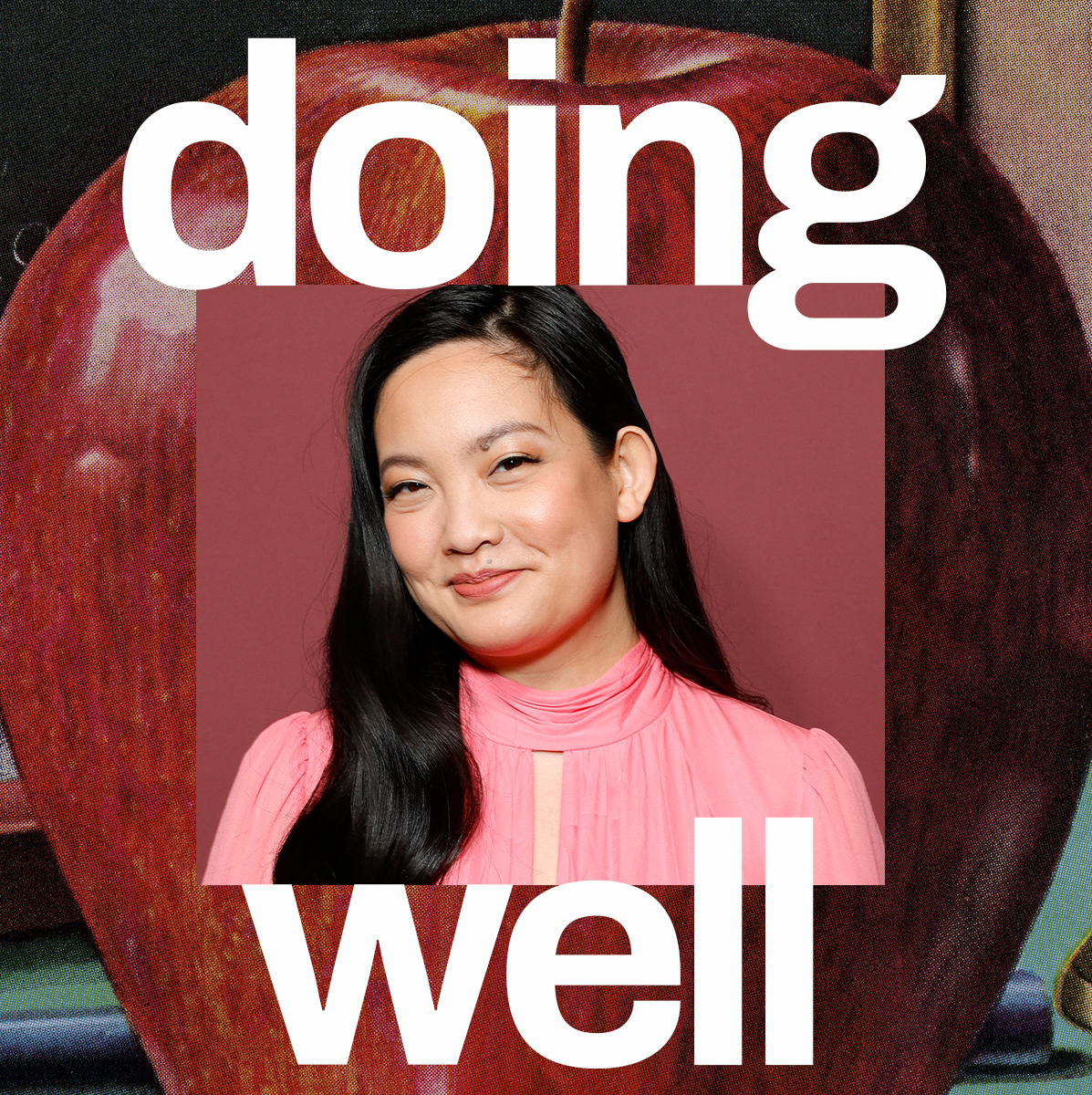 Amanda Nguyen’s Subconscious Is Rebelling Against This Buzzy Wellness Trend
Amanda Nguyen’s Subconscious Is Rebelling Against This Buzzy Wellness TrendPlus, the breathing tip she’s stealing from the Navy Seals.
By Samantha Holender
-
 Why Gracie Abrams Feels "Lucky" to Have Witnessed Taylor Swift Dealing with Fame
Why Gracie Abrams Feels "Lucky" to Have Witnessed Taylor Swift Dealing with FameAbrams opened for Swift during the Eras Tour.
By Lia Beck
-
 The Competition for Creators
The Competition for CreatorsCreators hold more power than ever—and companies are taking stock.
By Rachel Epstein
-
 Power Players Build on Success
Power Players Build on Success"The New Normal" left some brands stronger than ever. We asked then what lies ahead.
By Maria Ricapito
-
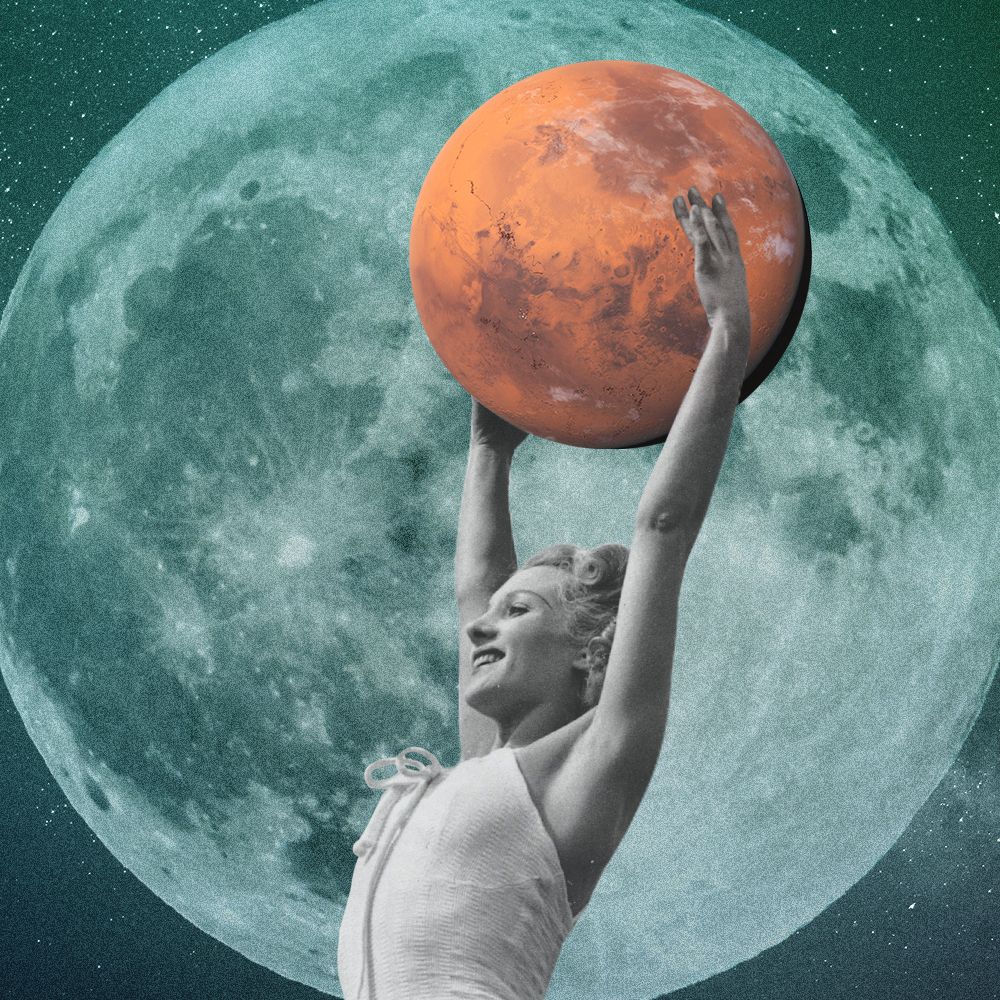 Mars Needs Women
Mars Needs WomenThey eat, breathe, and weigh less than men, which, in the context of a months-long space flight, could be a real game-changer. Plus, they bring soft skills that might make the trip a lot more pleasant.
By John Scott Lewinski
-
 Is My Workplace Watching Me?
Is My Workplace Watching Me?As we adjust to the work-from-home life, some worry employers might take, um, more liberties when it comes to our private data.
By Kate Dwyer
-
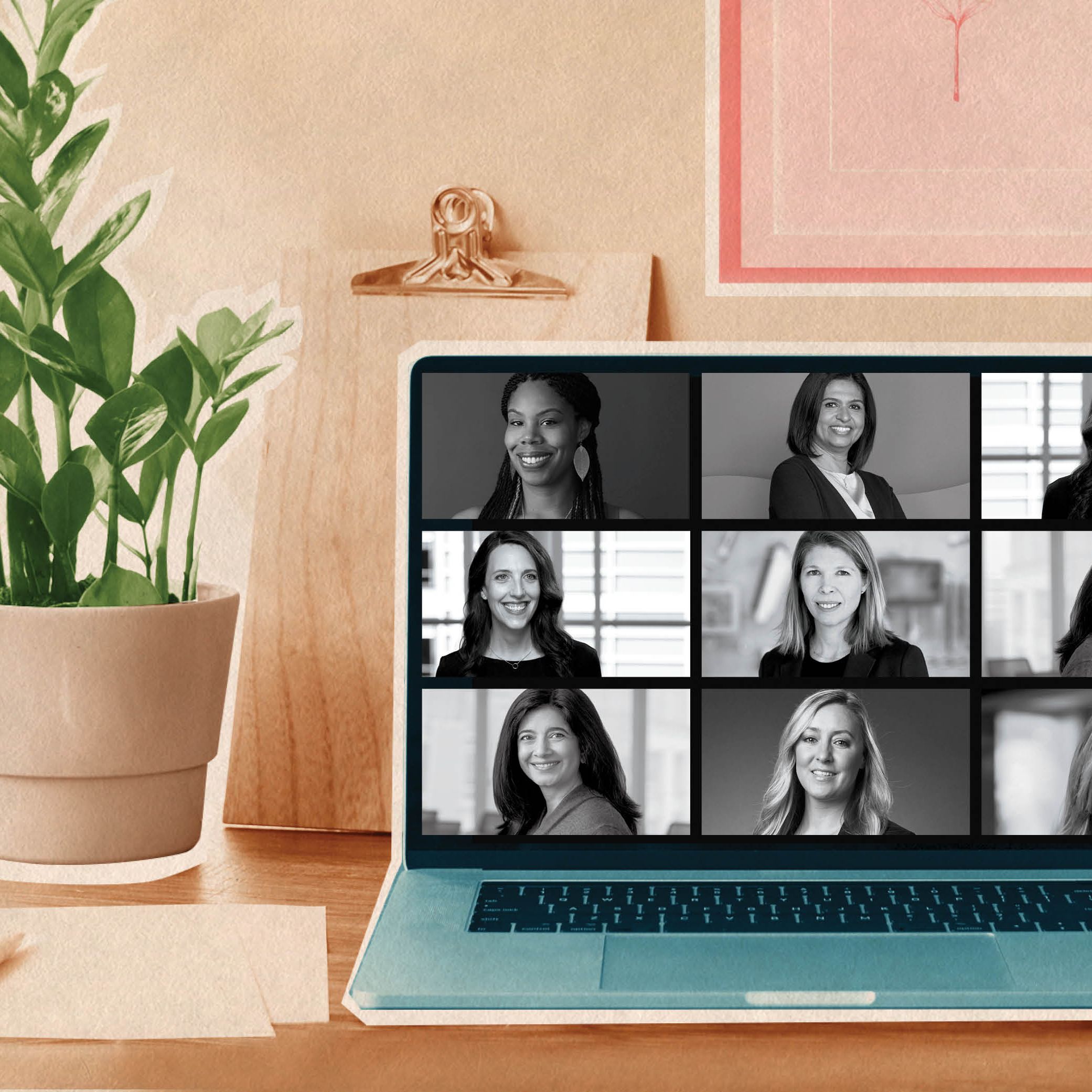 The Women Reinventing the Way We Work
The Women Reinventing the Way We WorkCOVID-19 forced about two thirds of Americans to hastily pack up their offices and head to homemade workstations. Many will never go back. These six women are making WFH the new reality.
By Megan DiTrolio
-
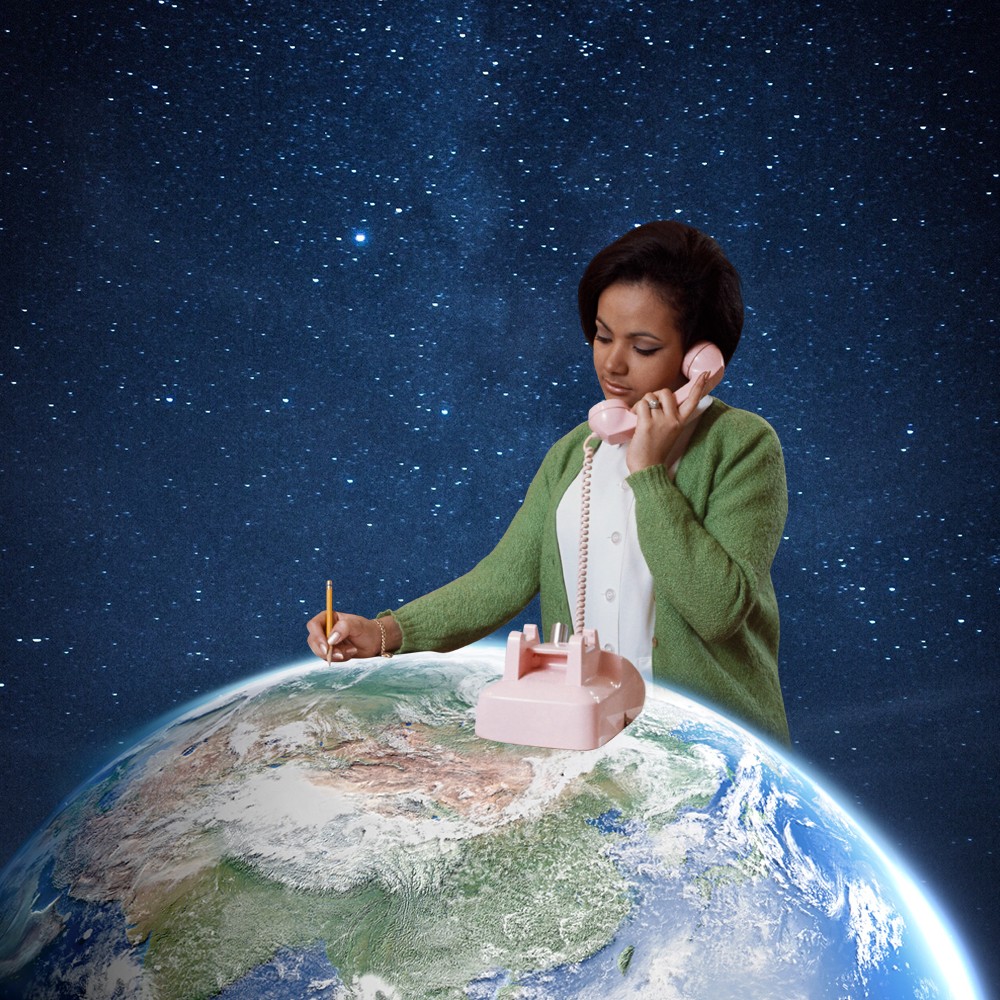 The Coolest Jobs at NASA Are Held by Women, Naturally
The Coolest Jobs at NASA Are Held by Women, NaturallyUm, how do I become a rocketship driver?
By Megan DiTrolio
-
 How to Look Better On Video Calls (Without Getting Up From the Couch)
How to Look Better On Video Calls (Without Getting Up From the Couch)Features Or putting on pants.
By Bianca Rodriguez
-
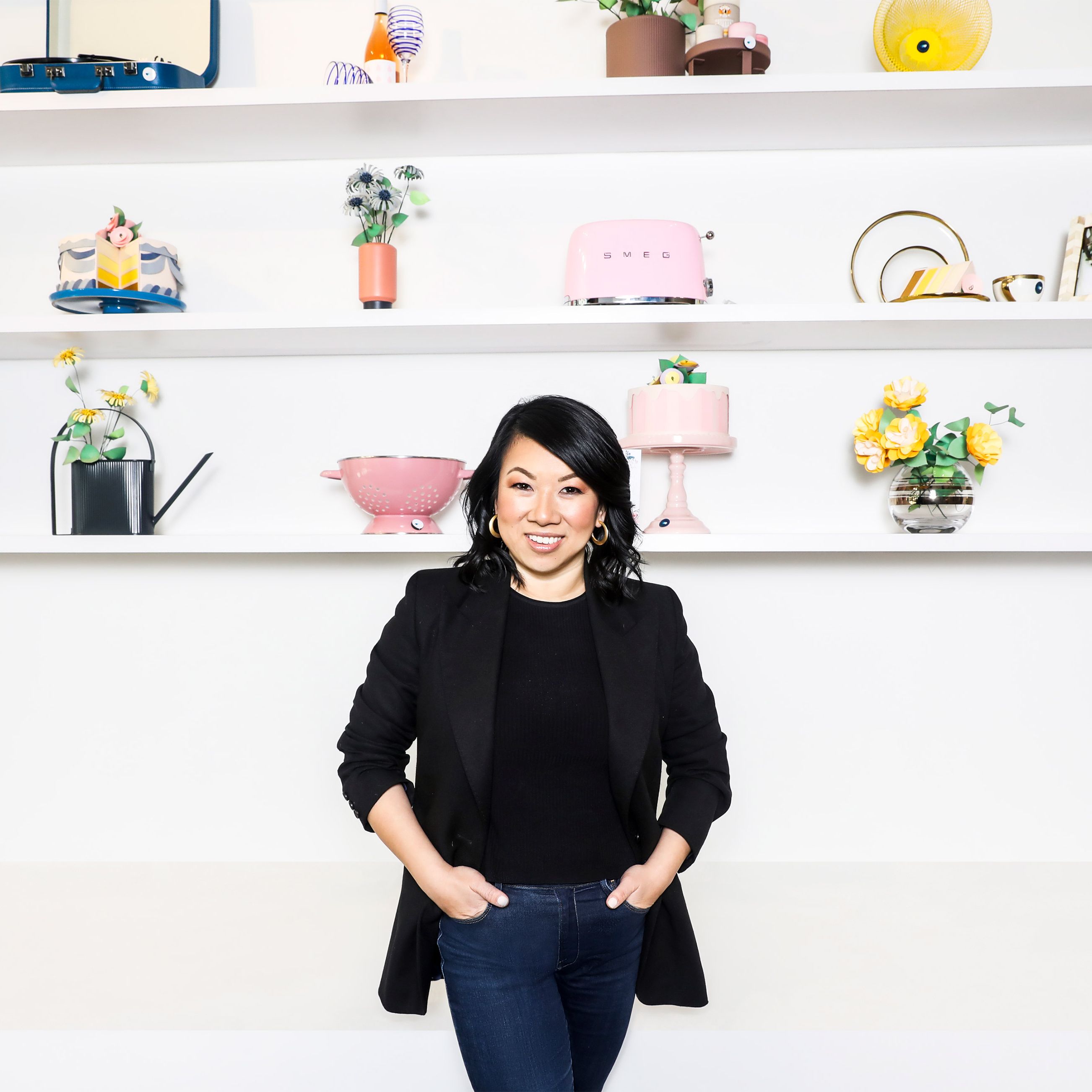 Shan-Lyn Ma Is Here to Save Your Wedding
Shan-Lyn Ma Is Here to Save Your WeddingThe cofounder and CEO of Zola is using tech to make your big day a little more joyful—and a lot less painful.
By Jen Doll